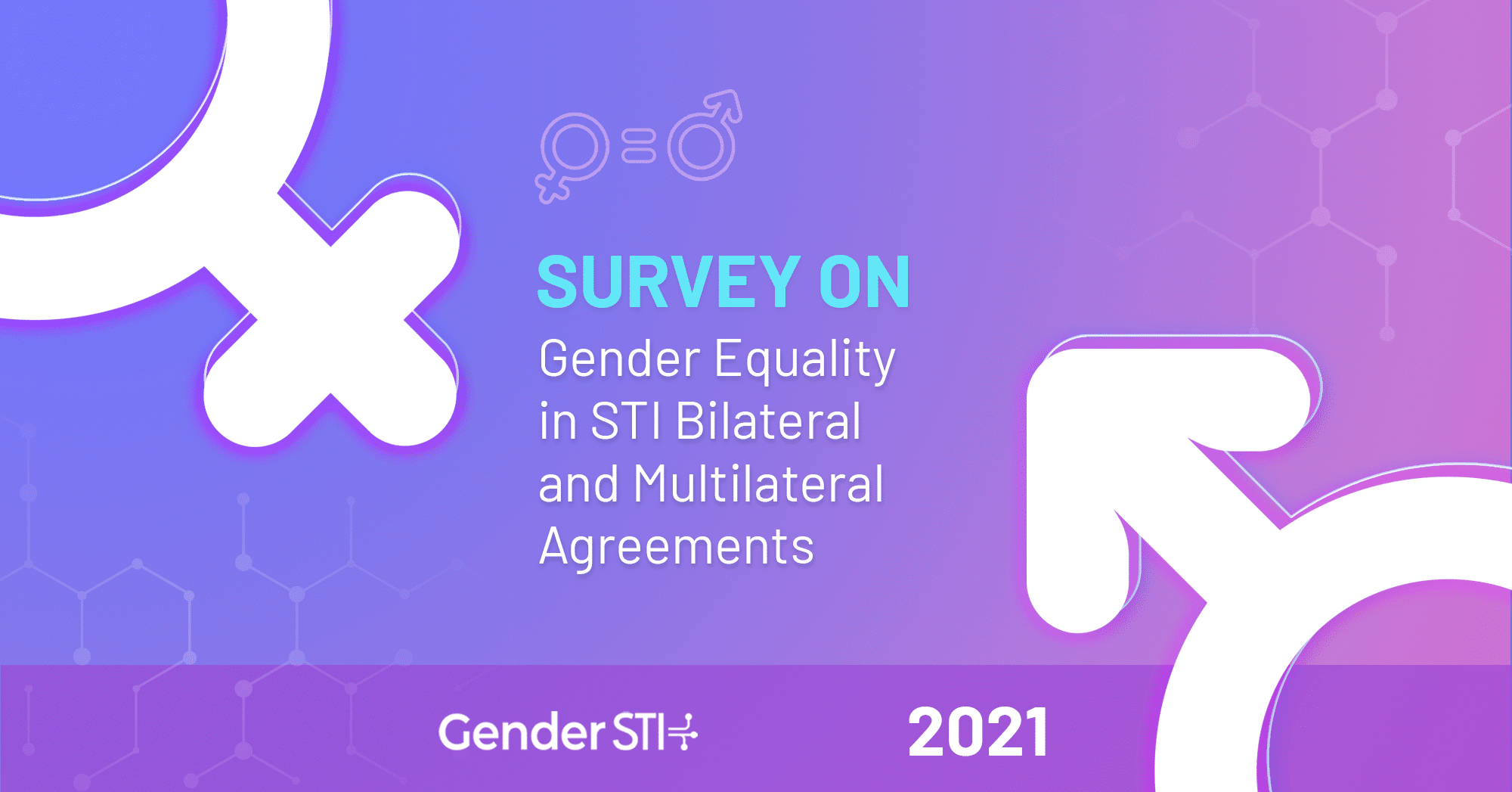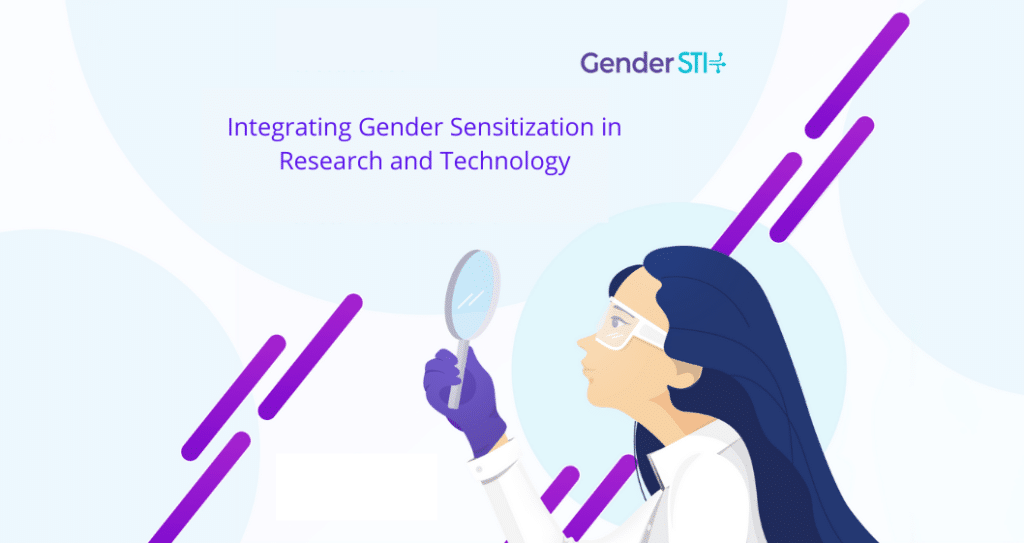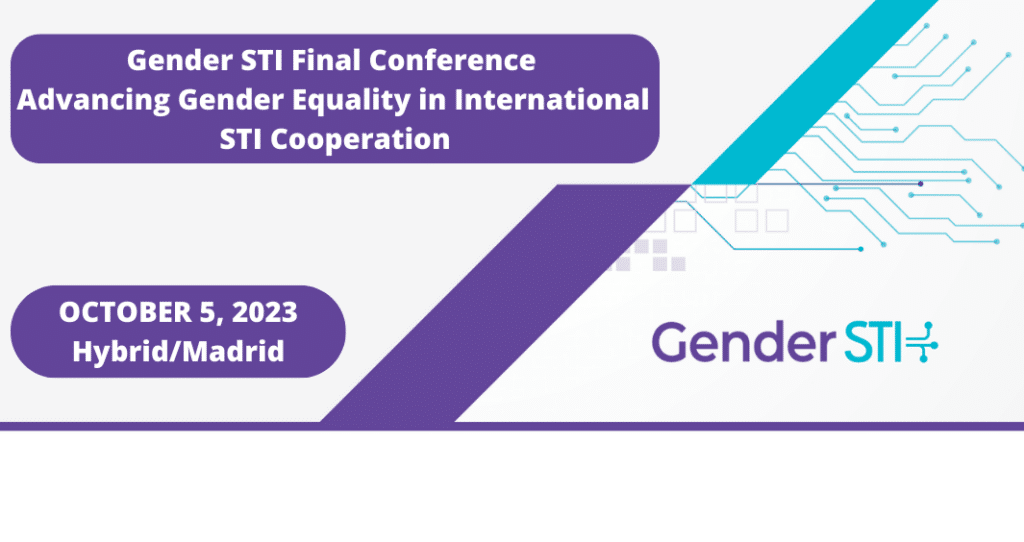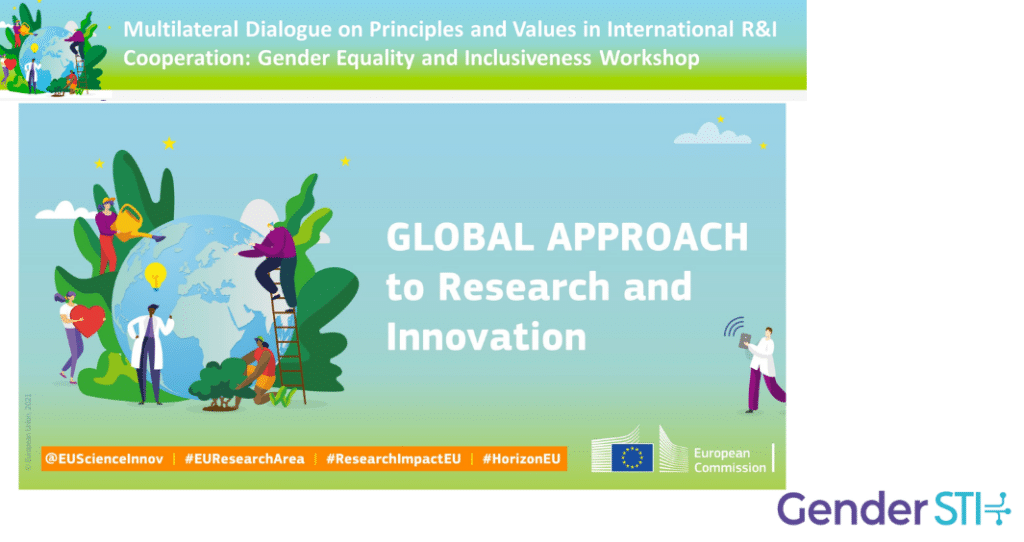The GENDER STI project on Monday launched a survey that aims to assess the current state of gender equality in international cooperation in science, technology and innovation (STI). Specifically, the survey will analyze gender equality in bilateral and multilateral agreements between European Member States, Associated Countries and selected third countries.
The “Survey on Gender Equality in STI Bilateral and Multilateral Agreements” will be sent out to identified key actors—ranging from government organizations, funding organizations, universities and more—across European countries and 10 selected third countries. It will inquire about their perceptions on the implementation of gender equality in these agreements, which include bilateral agreements, multilateral agreements and memorandums of understanding, among others.
The questionnaire will also seek to study whether gender equality is considered in STI implementation activities, such as calls for proposals, rules for participation and evaluation criteria.
Importantly, the survey will attempt to identify the main barriers or reasons that prevent the inclusion of gender equality in STI bilateral and multilateral agreements.
European actors consider gender equality in STI to be a strategic issue in policy dialogues with third countries. In recent years, the Council of the European Union has invited the European Commission and Member States to consider including a gender perspective in dialogues with third countries in STI.
In addition, the survey seeks to collect valuable input on key measures to address this important issue across three objectives: gender equality in scientific careers, gender balance in decision-making bodies and the gender dimension in research and innovation content. These three objectives are part of the European Commission’s strategy for gender equality within the European Research Area.
Survey results will ultimately contribute to Gender STI’s mapping of gender equality in STI bilateral and multilateral agreements. The mapping will be used to develop an action plan for recommendations on the integration of gender equality in STI dialogues.



